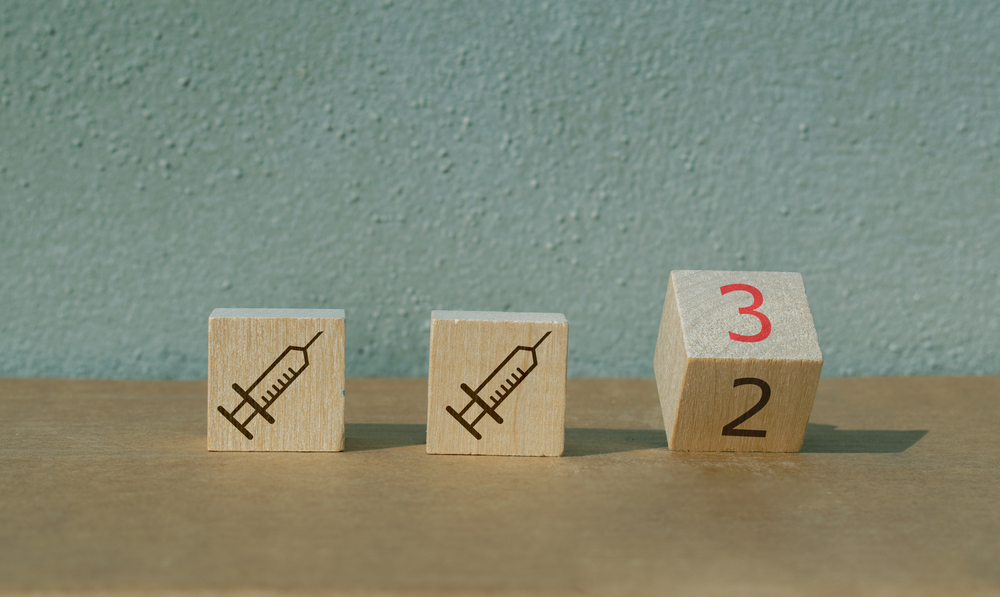
It has been found that Moderna’s vaccine tends to give people slightly stronger immunity and also a bit higher antibody levels, compared to the other two vaccines, Pfizer and Johnson & Johnson. On the other hand, this doesn’t mean that this is a drastically better Covid-19 vaccine in the long run.
Dr. William Moss, the director of the International Vaccine Access Center at Johns Hopkins University, stated that he doesn’t see a dramatic difference between Pfizer and Moderna. They are both mRNA vaccines, and he suggests picking the one that is more convenient to get.
People stick with their original brand
People are advised to get their booster shots six months after their initial series of the vaccine, except those who have gotten Johnson & Johnson’s single-shot Covid-19 vaccine. They have been suggested to get a booster shot at any time 60 days after their initial shot.
According to some federal data, it has been found that those who got Pfizer or Moderna end up choosing their original brand when they get the booster.
It is believed that people who got the Johnson & Johnson shot are more interested in the Moderna boosters. There is also proof that shows that the J&J takers might benefit more from this “heterologous” vaccine strategy (switching the vaccine brands). This means that they would add an mRNA vaccine (Moderna or Pfizer) on top of their original shot, which is an adenovirus vaccine (Johnson & Johnson).
Moderna’s booster shot is bigger than Pfizer’s
Pfizer’s booster shot is the same size as the original vaccine and it has 30 micrograms of mRNA in it. Moderna’s third dose is half the dose of the first two shots, which may seem bigger at first, but it contains 50 micrograms of mRNA in it. According to scientists, half-dose boosters are normal for many vaccines and they perform well.
Pfizer couldn’t let modern up their booster shot, so they decided to up their antibody levels. This means that people who choose to get boosted with the Pfizer shot are more likely to have some extra protection against the virus for at least a few months after their last dose. However, scientists are still looking for answers when it comes to how long and how good the increased protection will be.











































